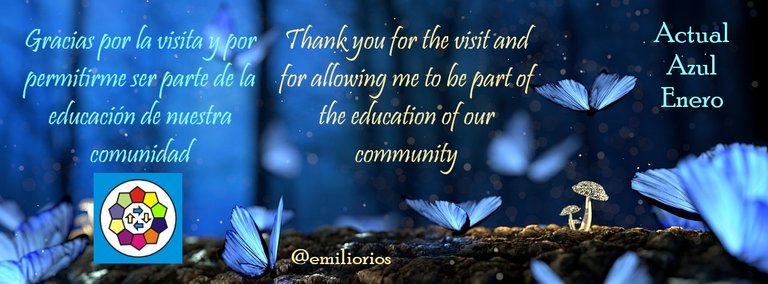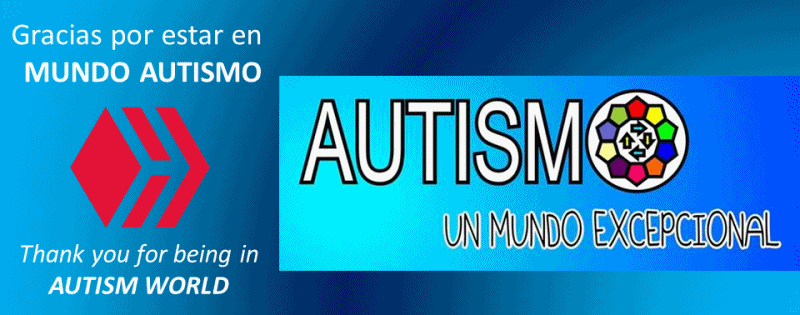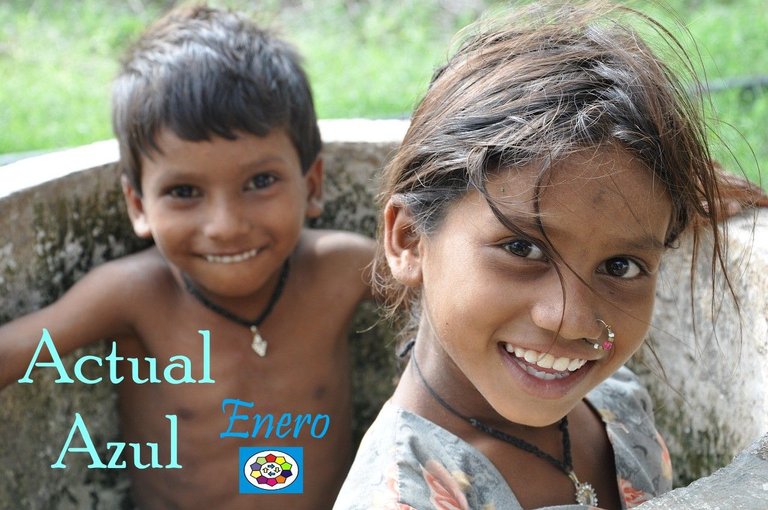

Nos cuesta hablar sobre educación sexual a nuestros hijos, a todos ellos; porque es un tema delicado que muchas veces no sabemos cómo abordar por las implicaciones culturales, ideológicas y, aún más, las religiosas que implica.
Sin embargo, es importante que en la comunidad @mundo.autismo hablemos sobre esto en forma natural; lo que para nosotros es correcto, qué es lo que se sabe y sobre el aprendizaje para un mejor mensaje.
Por eso, la educación, sexualidad y autismo deberían ser parte importante de las publicaciones de nuestra comunidad.
¿Qué y cómo debemos explicarles a nuestros hijos sobre sexualidad, tomando en cuenta las cualidades y características de cada uno de ellos?

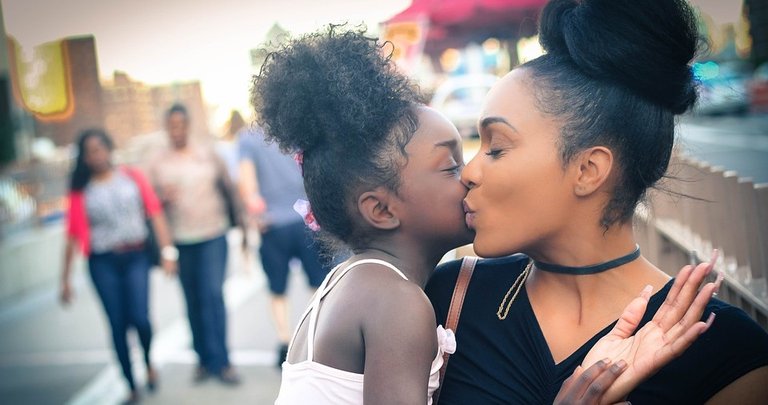
Los educadores son los padres
Somos los educadores principales en sexualidad de nuestros hijos, eso no debe quedar en manos ni de las de los educadores ni de las redes sociales.
La frialdad con que un maestro expone los ciclos de vida no tiene nada que ver con las connotaciones afectivas que nosotros, los padres, le podemos dar al tema; y tampoco conocemos o tenemos control sobre el aprendizaje de sexualidad que pueden adquirir nuestros hijos en las redes.
Transmitir con cariño conocimientos tan importantes como los de sexualidad y responder preguntas en forma honesta y clara; tener una respuesta estándar que hable de la realidad ante preguntas inapropiadas en lugares inapropiados.
La estrategia que utiliza el padre para el aprendizaje es afectiva y tiene una forma de dirigirse hacia los hijos con amor, tranquilidad y con la verdad; en otras palabras, necesitamos ganar su confianza para poder ofrecer conceptos completos.

La sexualidad como algo común
¿Sabía usted que, según estudios, la diversidad sexual es mucho mayor en las personas con TEA que en el resto de la población?
Esto nos capacita para educarnos y saber lo que vamos a responder en cada caso, pero también para estar pendientes de los riesgos, pues ellos son más víctimas de depredadores sexuales que otros adultos.
Igualmente, la identidad y orientación pueden agravar los trastornos comunicacionales y de socialización que ya existen, por lo que hay que ser asertivos y saber el tema del que se está hablando; así que es importante que nos eduquemos nosotros mismos primero.
Autorrespetarse, a distinguir lo que es público de privado; y eso se logra mediante la educación en el hogar.
En caso tal de que exista una pareja, hay que enseñar al respeto al otro, el proceso de cortejar, el enamoramiento y la libertad que todos tenemos de responder o no a las personas que nos buscan.
La diversidad sexual, así como los derechos sexuales de un ser humano deben hablarse en forma explícita y con tranquilidad, tanto como se habla de las partes del cuerpo, para qué sirven, qué cambios hay en ellos según la edad y sus nombres correctos.
Aprender lo público y privado, como ya dije, implica aprender lo que es íntimo y lo que es familiar; lo cual ayudaría a desarrollar habilidades comunicacionales que luego servirían para la comunicación en pareja.
Y hablando de la comunicación en pareja, es importante que se aprenda que está hecha basándose en negociaciones, a llegar a acuerdos; y que no está separada de las habilidades sociales para dialogar.
Por último, es importante hablar sobre los problemas actuales del abuso, de las alarmas y alertas ante las posibles faltas de respeto o lo que llamamos el depredador sexual.
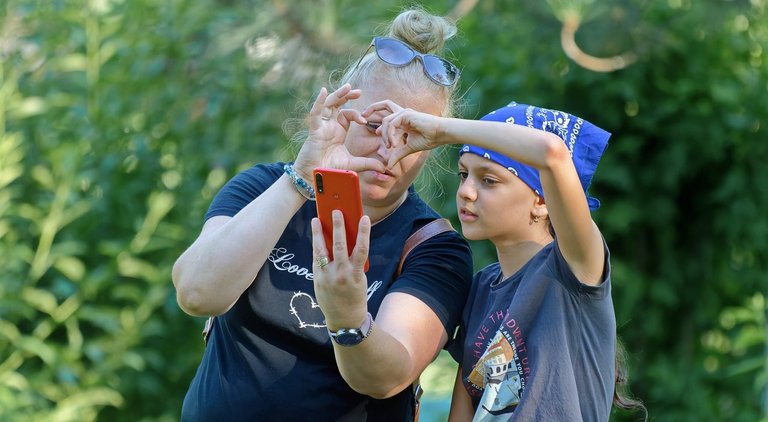
María Laura: Una madre de niño autista
Pude hablar con María Laura, una madre de niño autista con buen funcionamiento que me dio tres sugerencias que me gustaron mucho, aunque dependen de la experiencia de cada quien.
Según ella, la primera sugerencia es la honestidad; que, por muy aburrido que parezca el tema, debe hablarse sobre el amor, el sexo y las relaciones, porque mejora la conversación y la socialización, y al mismo tiempo le estamos dando información al niño.
La segunda es que esto generalmente lo hablaba con otra persona, pero delante del niño, no directamente a él.
Ella me explicaba que, dado que su hijo siempre escucha atentamente a pesar de que no se le está hablando, se aprovecha de esta situación; así, ella sacaba a relucir el tema sexual con familiares y amigos delante del hijo, tocando puntos o temáticas que quería que él conociera.
El problema es que no hay interacción directa con el niño, pero sabía que estaba sembrando información valiosa.
Y la tercera, es la lectura: aprovechar libros, páginas de internet donde pudiese haber información precisa, con ilustraciones que llamaran la atención con base al respeto y al consentimiento, pensando en enamoramientos y relaciones futuras.
Una serie de sugerencias que nos sirven a nosotros y que nos señalan una forma como podemos crear, según nuestras propias vivencias, sugerencias que les sirven a otros padres en su camino por educar sobre sexualidad.



Talking about Sexuality with our children - A mother offers her suggestions - January Actual Blue Column
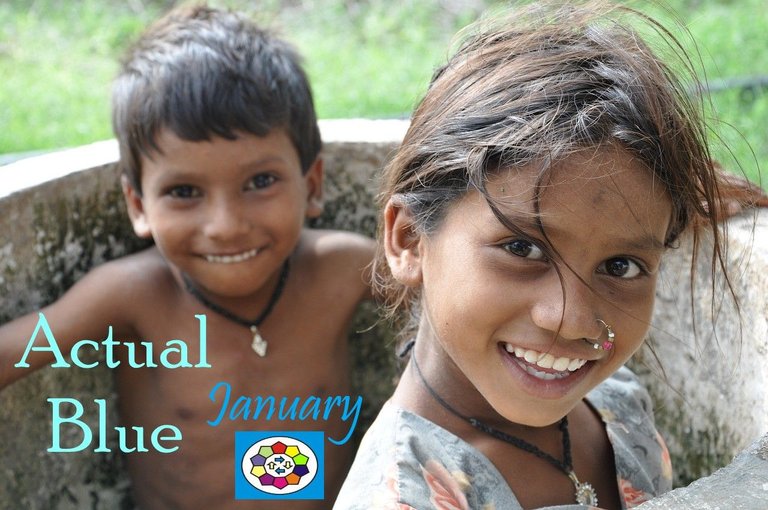

It is difficult for us to talk about sex education to our children, to all of them; because it is a delicate subject that many times we do not know how to approach due to the cultural, ideological and, even more, the religious implications it implies.
However, it is important that in the @mundo.autismo community we talk about this in a natural way; what is right for us, what is known and about learning for a better message.
Therefore, education, sexuality and autism should be an important part of our community's publications.
What and how should we explain to our children about sexuality, taking into account the qualities and characteristics of each one of them?


Parents are the educators
We are the main educators of our children's sexuality; this should not be left in the hands of educators or social networks.
The coldness with which a teacher exposes the life cycles has nothing to do with the affective connotations that we, the parents, can give to the subject; and neither do we know or have control over the learning of sexuality that our children can acquire in the networks.
Conveying knowledge as important as sexuality with affection and answering questions honestly and clearly; having a standard response that speaks to reality in the face of inappropriate questions in inappropriate places.
The strategy that the father uses for learning is affective and has a way of addressing the children with love, tranquility and truth; in other words, we need to gain their trust to be able to offer complete concepts.

Sexuality as a commonality
Did you know that, according to studies, sexual diversity is much greater in people with ASD than in the rest of the population?
This enables us to educate ourselves and know what we will respond in each case, but also to be aware of the risks, as they are more victims of sexual predators than other adults.
Likewise, identity and orientation can aggravate communication and socialization disorders that already exist, so you have to be assertive and know the topic you are talking about; so it is important that we educate ourselves first.
Self-respect, to distinguish what is public from what is private; and this is achieved through education at home.
If there is a couple, it is necessary to teach respect for the other, the process of courtship, falling in love and the freedom we all have to respond or not to people who are looking for us.
Sexual diversity, as well as the sexual rights of a human being must be talked about explicitly and calmly, as much as we talk about the parts of the body, what they are for, what changes there are in them according to age and their correct names.
Learning what is public and what is private, as I said, implies learning what is intimate and what is familiar; which would help to develop communication skills that would later serve for communication in couples.
And speaking of couple communication, it is important to learn that it is made based on negotiations, to reach agreements; and that it is not separated from the social skills to dialogue.
Finally, it is important to talk about the current problems of abuse, alarms and alerts to possible lack of respect or what we call the sexual predator.

María Laura: A mother of an autistic child
I was able to talk to María Laura, a mother of a well-functioning autistic child who gave me three suggestions that I liked very much, although they depend on each person's experience.
According to her, the first suggestion is honesty; that, no matter how boring the topic may seem, love, sex and relationships should be talked about, because it improves conversation and socialization, and at the same time we are giving information to the child.
The second is that I usually talked about this with someone else, but in front of the child, not directly to him.
She explained to me that since her son always listens attentively even though he is not being talked to, she takes advantage of this situation; thus, she would bring up the sexual topic with family and friends in front of the son, touching on points or topics that she wanted him to know about.
The problem is that there is no direct interaction with the child, but she knew she was seeding valuable information.
And the third is reading: take advantage of books, internet pages where there could be accurate information, with illustrations that call attention based on respect and consent, thinking about falling in love and future relationships.
A series of suggestions that are useful to us and that show us how we can create, according to our own experiences, suggestions that are useful to other parents on their way to educate about sexuality.


Emilio Ríos – Venezuela
@emiliorios


- Barras separadoras y logo de English, creadas y editadas en Paint.
Separator bars and English logo, created and edited in Paint.
- Imagen de agradecimiento, tomando el logo de nuestra comunidad y editado en Paint, de:
Thank you image, taking our community logo and edited in Paint, by:
Pixabay-Stergo

